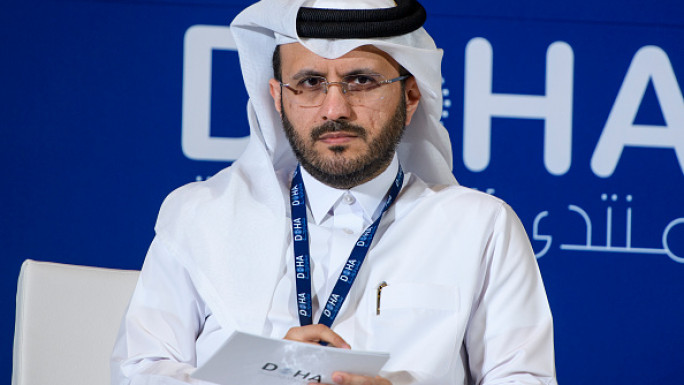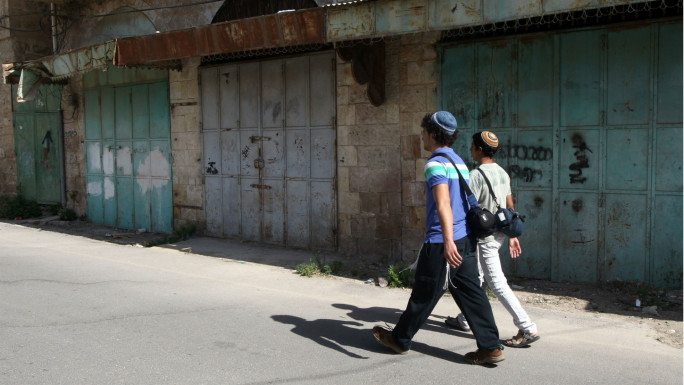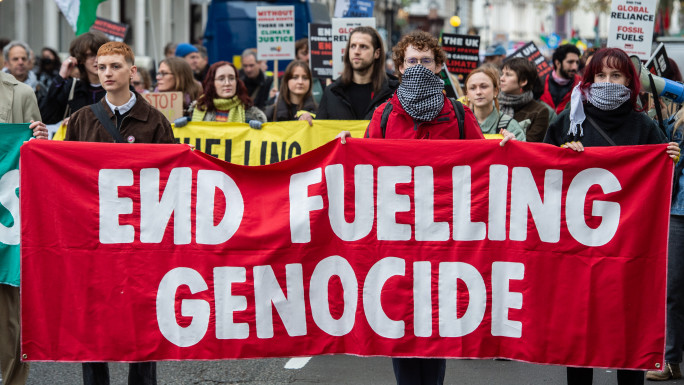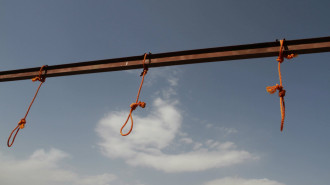Is Hamas's Sinwar dead and will Israel kill Hezbollah's Hassan Nasrallah?
Following heavy blows to the Palestinian Hamas and Lebanese Hezbollah movements this year, rumours have circulated in recent days about the potential killing of both group’s leaders.
On Sunday, unverified reports claimed that Yahya Sinwar, Hamas' Gaza Strip ruler, had been killed in recent Israeli airstrikes on the enclave and not in a specific or targeted operation.
However, these claims were soon disputed and Israel’s internal security agency, Shin Bet, believes Sinwar is still alive.
Reports of his death remained "speculation without real basis," said The Times of Israel while the Israeli military said it had "no information confirming or refuting the matter."
It is not known where Sinwar is hiding.
Some of Hamas' top commanders have already been eliminated.
In January this year, an Israeli airstrike killed Saleh al-Arouri, the second-in-command of Hamas's military wing, in the Dahieh area south of Beirut.
At the end of July, the leader of Hamas's political bureau Ismail Haniyeh was killed in an explosion in the Iranian capital, Tehran.
His killing shook the region, and Iran has promised to retaliate to the assassination. However, this response has failed to materialise so far.
Hamas' Mohammed Deif was also said to have been killed in a targeted Israeli airstrike in July. He is said to have played a main role in orchestrating Hamas' October 7 attack in southern Israel.
Unlike with Sinwar, Israel claims the shadowy Deif is actually dead. Hamas has refuted the claims, saying he is still alive.
Across the border, Israeli attacks in Lebanon have resulted in chaos and at least 274 deaths and hundreds of injuries on Monday alone.
The detonation of pagers and walkie-talkies, an airstrike which killed a veteran Hezbollah commander on Friday, and a massive air campaign on Monday have marked the past week as the deadliest in a nearly year-long cross-border conflict between Israel and Hezbollah.
But speaking to Hebrew-language newspaper Yedioth Ahronoth, an unnamed, former Israeli intelligence official said Israel’s capabilities could have been put to better use in Lebanon.
The official says instead of exploding the devices, Israel could have dealt a final blow to Hezbollah by assassinating their leader, Hassan Nasrallah.
Nasrallah, who has led his group since 1992, has made very few public appearances since the 2006 summer war between his group and Israel and resides in an unknown location.
Israel has hinted multiple times that it can kill him whenever it wants.
Seeing the trend of major assassinations this past year, the chances of Hezbollah's chief being next on Israel's hit list seems very likely.
Since fighting erupted along the Lebanon-Israel border, Israel assassinated nearly all of the Iran-backed group's top commanders, among them Ibrahim Aqil - killed on Friday - and the group's number two, Fouad Shukr, who was killed in a July airstrike on Beirut's southern suburbs.
Shukr's death was Hezbollah's biggest loss since 2008, when the Mossad and the US killed Imad Mughniyeh in a car bombing in Damascus, Syria.

![Sabra neighbourhood strikes [Getty]](/sites/default/files/styles/image_684x385/public/2185030803.jpeg?h=a5f2f23a&itok=6AkMT_OO)




 Follow the Middle East's top stories in English at The New Arab on Google News
Follow the Middle East's top stories in English at The New Arab on Google News

